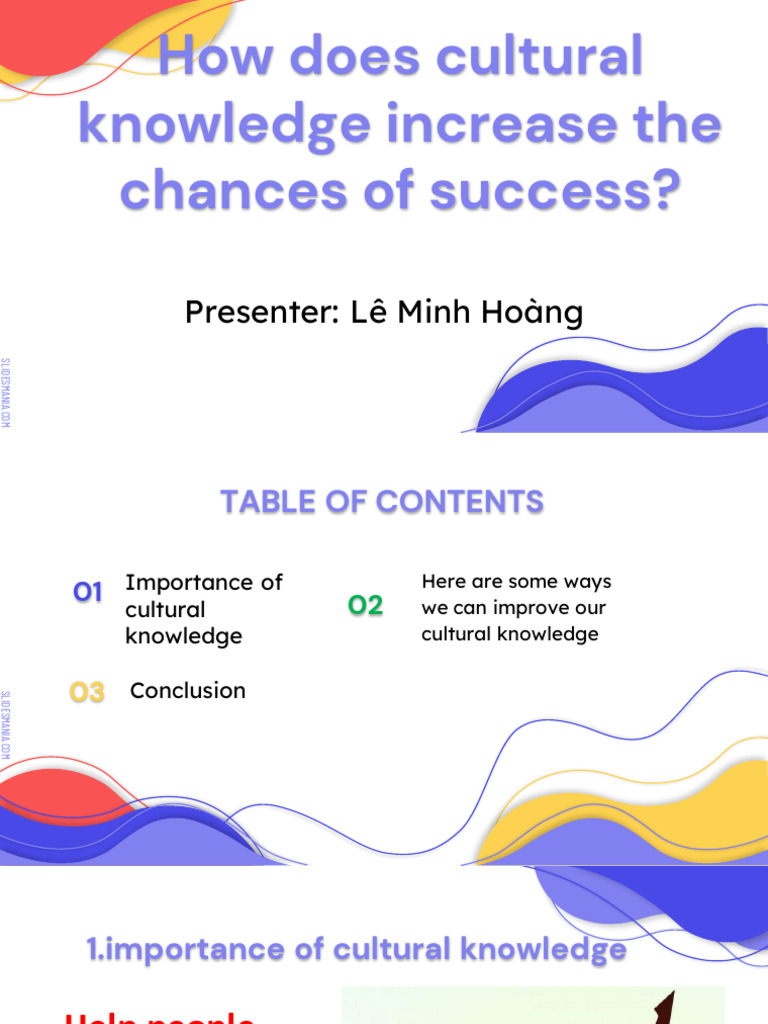Imparting cultural knowledge serves as the bedrock of societal development, fostering resilience and adaptability in an era of rapid globalization. Cultural knowledge is not merely a collection of traditions, stories, and artifacts; it encapsulates values, ethics, and worldviews that inform how communities interact with one another and with their environments. As societies become increasingly interconnected, the relevance of understanding diverse cultural perspectives grows. This understanding plays a pivotal role in addressing the myriad challenges that confront humanity, not least of which is climate change.
At its core, cultural knowledge is a conduit through which human experiences and wisdom are transmitted across generations. Every culture has its unique ways of perceiving realities, solving problems, and managing resources. For instance, indigenous communities often possess intricate knowledge of local ecosystems, honed over centuries. This deep-rooted understanding encompasses sustainable agricultural practices, water conservation techniques, and biodiversity conservation. Such insight encourages not just survival but also the prosperity of ecosystems, underscoring the vital role that cultural knowledge can play in contemporary environmental strategies.
A common observation is that societies with rich cultural heritages exhibit a profound sense of place and belonging. This phenomenon speaks to the notion that cultural identity inherently shapes how individuals and communities relate to their environment. The intricate tapestry of folklore, rituals, and local customs reinforces social cohesion, fostering an ethic of stewardship towards nature. For instance, many agricultural societies view themselves as stewards of the land, embodying a reciprocal relationship with nature that demands respect and reverence. This holistic approach contrasts sharply with exploitative practices prevalent in many modern industrialized nations, where the focus is often on short-term gains rather than long-term sustainability.
However, the fascination with cultural knowledge extends beyond mere environmental management; it hints at deeper psychological and social dynamics. The act of learning about various cultures can serve as a mirror, reflecting our values and beliefs through the lens of others. This cross-cultural engagement enriches our understanding, creating a tapestry of perspectives that highlights the interconnectedness of human experiences. In essence, imparting cultural knowledge cultivates empathy, allowing individuals to grasp the complexities of different worldviews and the histories that shape them.
Furthermore, imparting cultural knowledge is integral to fostering innovation and progress. The critical examination of diverse cultural paradigms often leads to the emergence of novel solutions to problems—especially in times of crisis. Take, for example, the global movement towards sustainable practices; it is increasingly informed by cultural insights that emphasize harmony with nature. By integrating traditional ecological knowledge with cutting-edge scientific approaches, communities can develop more holistic strategies for addressing climate change. This synergy not only enriches our environmental efforts but also honors the wisdom of those who have navigated these challenges for generations.
The educational sector plays a crucial role in the dissemination of cultural knowledge. Schools and institutions that prioritize multicultural education foster an understanding of different cultural narratives and practices, encouraging students to think critically about their role in a diverse world. Incorporating lessons that highlight indigenous knowledge systems, for example, can inspire future generations to appreciate and value these perspectives. In doing so, youth are not only taught about environmental issues but are also empowered to advocate for sustainable practices rooted in their own cultural contexts.
Moreover, modern technology provides unprecedented opportunities to share and enhance cultural knowledge on a global scale. Digital platforms enable the rapid dissemination of information, allowing for the documentation and preservation of cultural practices that might otherwise be lost. Virtual communities foster dialogue and exchange, bridging gaps between different cultural groups. This digital interconnectivity paves the way for collaborative endeavors, where insights from various cultural backgrounds inform policies and practices aimed at solving pressing global challenges.
Nevertheless, there exists a pressing need to remain vigilant against cultural appropriation and the commodification of cultural knowledge. As societies grapple with the implications of globalization, there is a danger that cultural elements can be extracted without proper context or respect for their origins. This misappropriation not only undermines the integrity of cultural practices but risks disempowering the very communities whose knowledge is being co-opted. Therefore, it is imperative that efforts to impart cultural knowledge emphasize mutual respect, collaboration, and acknowledgment of historical contexts.
In conclusion, the impartation of cultural knowledge transcends mere academic inquiry; it is a vital component in fostering understanding, innovation, and sustainability in an increasingly globalized world. The insights derived from diverse cultural perspectives can guide societies toward more respectful and effective interactions with their environments. By valuing and integrating this knowledge, we can collectively work towards a future where cultural diversity is celebrated, and environmental stewardship takes precedence. As we move forward, let us commit to elevating cultural knowledge as a cornerstone of our approach to addressing climate change and other pressing global challenges. Embracing and empowering the voices of all cultures serves not just the environment but humanity at large.
